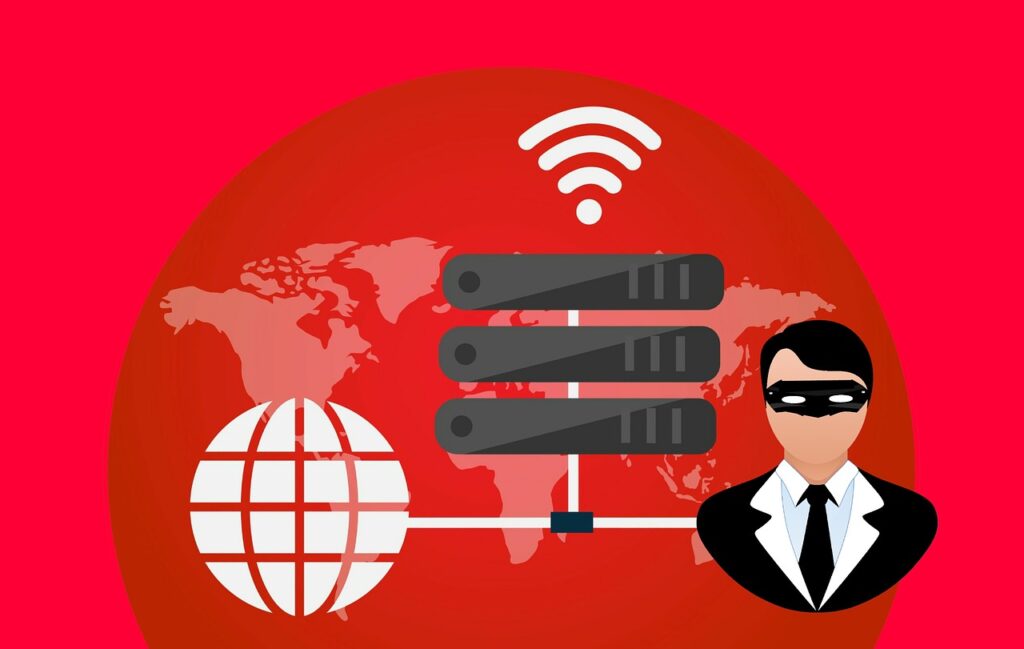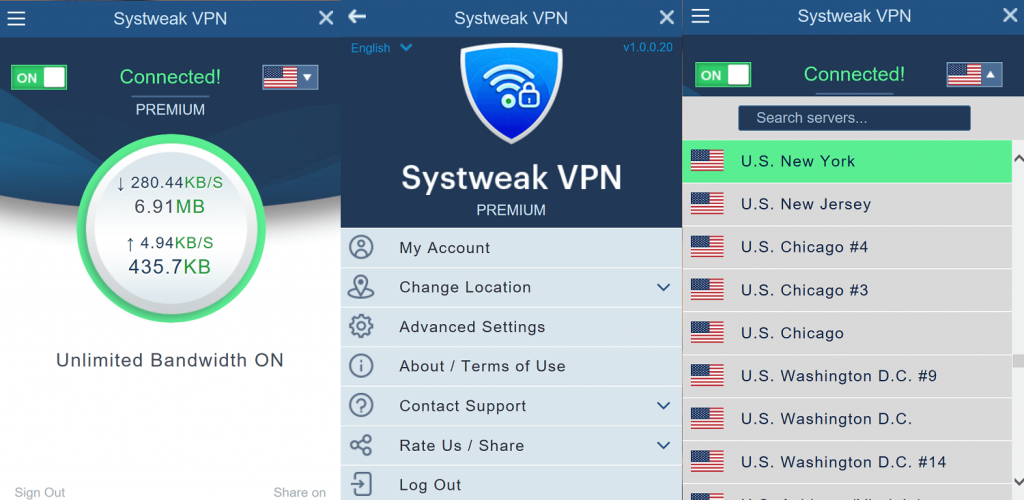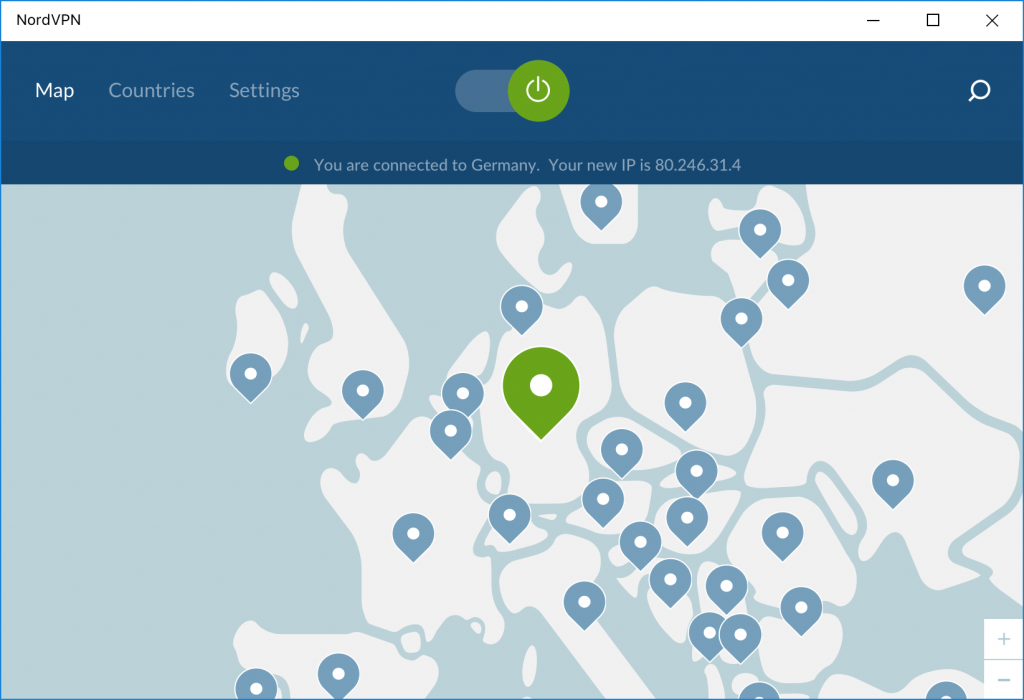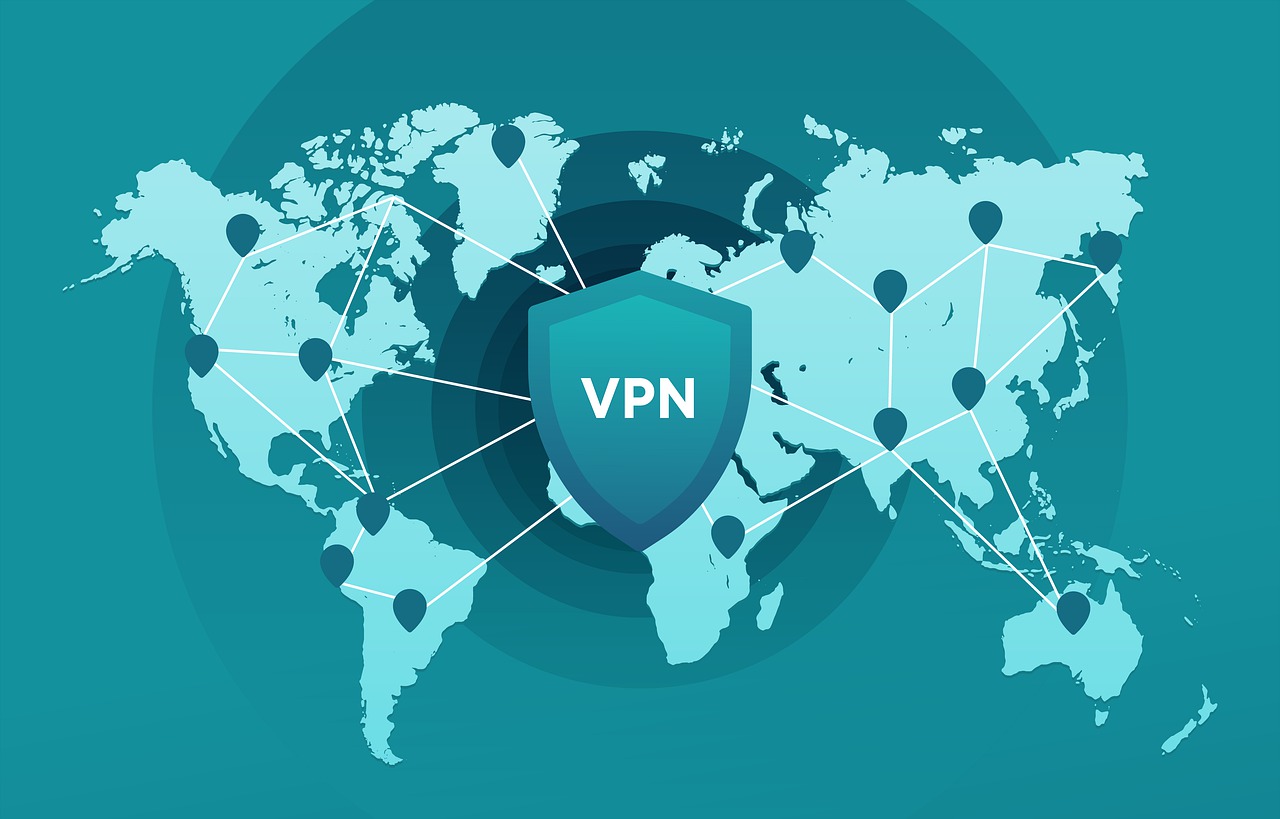Some of the hottest issues now, because the privacy of the Internet is under fire from several different directions, are Virtual Private Networks (VPN Services). Companies seek to gather more information about their customers so as to become too invasive (see Example? See this, this and this), and countries are divided about how to deal with this circumstance.
For years we’ve been using big products such as Facebook, Google, Microsoft apps, etc., however fast-moving technology pushes these businesses to squeeze out consumer accounts for any details that they may use for commercial purposes.
And even though governments will fight to control the situation, they are in certain cases themselves guilty of the same sins committed by companies, privacy infringement, and unlawful private data collection.
And how do we protect our online privacy on an individual basis? The reply leads us back to our VPN problem.
What is Virtual Private Networks (VPN)
A VPN is a service that provides a VPN server encrypted link via your internet connection from your computer. Think of it like a mountain passage, where your ISP is the mountain, the tunnel is a VPN connection, and the exit is the worldwide Web.
Some people may confuse VPN as an alternative to Internet access, but it is not valid.
Initially, VPNs were designed to link business networks to make communication safer and more convenient. VPN service providers are already working hard to send their traffic to the internet – in some cases bypassing government or ISP checks and even enforcing censorship.
In short, find a VPN as a tool designed to help you achieve maximum Internet access and secure you.

What is a VPN doing?
A VPN ‘s principal objective is to build a secure tunnel to move your data to your servers before it goes online. Nonetheless, this has contributed to several other benefits, including spoofing.
Although that might sound unimportant to you, location spoofing also helps people overcome barriers to geolocation. Besides the identification risk, you risk also identification port cards by Torrenting for peer-to-peer (P2P) users. VPN server masks all this so that it is not possible to use your open ports.
Profits from the use of a VPN
Briefly-
- Anonymousness
- Defense
- Geo-lock streaming providers (Netflix, Hulu, etc.) Connect.
The key and key goal of a VPN today, as I said before, is anonymity. A VPN protects your entire data operation effectively by building a secure tunnel from your computer to its servers and encrypting the data passing through this tunnel.
Anonymousness Technonguide
So someone who wants to find out what you do on the internet, such as the places you visit, etc., can not find out too much. VPNs are so dependent on anonymity that many of them today have taken on untrackable payments, such as gift cards and cryptocurrencies.
Replacement of spoofing
Place assignment has become an inherent advantage of VPN services. Because VPN providers have servers in other parts of the world, you can “spoof” your position as a VPN server by connecting to such servers.
Defense
Today, many VPN providers are also beginning to enhance their users’ security measures. It was originally used to block online data collection and surveillance but now has been extended to include antivirus solutions and notification blocking.
Best VPN Services
After researching VPN services, I finally searched for the best VPN that an individual can use to keep communication, gaming, streaming and torrenting safe. Of course, these VPN services are also giving you an advantage of reaching out to multiple servers all over the world in order to access area restricted content

USP: Access to more than 4500 servers
Number of devices: Unlimited
Number of countries: More than 50
Money back guarantee: 30 days
Price: US$ 9.95 per month
The reasons why Systweak VPN stands on the top are its ease of use for beginners, unlimited anonymous web browsing and unrestricted access to global content. This VPN is also trusted by independent researchers and uses a highly configurable open source protocol called OpenVPN.
In case you are considering privacy and encryption, Systweak VPN offers 256-bit military grade encryption for online obscurity. Moreover, you don’t have to worry about a failed connection as Kill Switch here makes sure that your identity is hidden from the prying eyes.
Hence, it is highly recommended that when you are using public Wi-Fi, mask yourself with Systweak VPN and escape yourself from malware infections. However, it is applicable on Windows computers only, so Mac users may look for other VPN services.

USP: Access to 5031 servers
Number of devices: 6
Number of countries: 59
Money back guarantee: 30 days
Price: US$ 11.95 per month
NordVPN is a highly recommended service where you can see its compatibility with macOS, Linux, iOS and Android. Just like Systweak VPN, it also possesses the Kill Switch which automatically ends the connection as the internet or server is lost due to any reason.
NordVPN makes sure that none of your personal information is recorded or stored anywhere and gives you ultra-fast connection to access the internet. The best part is that your data is not leaked when you browse the internet and block all the annoying ads and malware.

USP: Access to 1700 servers
Number of devices: Unlimited devices
Number of countries: 63
Money back guarantee: 30 days
Price: US$ 11.95 per month
Get security and privacy in hand with Surfshark VPN where compatibility with Windows, macOS, Linux, iOS, Android, SmartTV and Consoles could be seen. It prevents phishing attempts, trackers peeking inside the system, malware and unnecessary ads. It is very simple to use, all you have to do is connect it and start using.
Interestingly, each server has a private DNS and it comes with IPv4 stack to avoid any leaks from the system or device being used. Moreover, ‘Camouflage mode’ is another distinct feature of Surfshark that hides your identity even from your internet provider.
Note: You can check out this detailed comparison of NordVPN vs Surfshark provided by web experts if you want to know the distinction between the two top VPNs.
How VPN Works
Why a VPN functions without a little technical detail is very difficult to explain. Nonetheless, a VPN provides a secure tunnel between your computer and the VPN server for those who need only a simple idea and then the world wide website.
VPN first defines the device’s communication protocol. This protocol sets limits on the way data to move to the VPN server from your computer. There are many common key VPN protocols, but they each have their own advantages and inconveniences.
Joint Protocols on VPN
While there are several communication protocols, some simple protocols typically support the VPN service brand. Others are quicker, others slower, some more stable, others less stable. The option will depend on your needs, so you can consider this a good section to use a VPN.
Last but not least-
- OpenVPN: an open-source protocol that is fast, but strongly encrypted.
- L2TP / IPSec: This is relatively popular, provides good velocity, but some websites do not help VPN users are easily blocked.
- SSTP: Not as general, and not so much to recommend apart from strong encryption.
- IKEv2: Very fast connection and is particularly well suited for mobile devices, although it offers weaker encryption standards.
- PPTP: Very fast, but they’ve been full of security loopholes over the years.
VPN Protocols Comparison –
| VPN Protocols | Encryption | Security | Speed |
|---|---|---|---|
| OpenVPN | 256-bit | Highest encryption | Fast on high latency connections |
| L2TP | 256-bit | Highest encryption | Slow and highly processor dependent |
| SSTP | 256-bit | Highest encryption | Slow |
| IKEv2 | 256-bit | Highest encryption | Fast |
| PPTP | 128-bit | Minimum security | Fast |
Encryption and power strategies
I would imagine the best way to explain encryption might be by messing the information up so it can be converted back into its original meaning only to the individual with a guide on how you tricked it down.
Take one word — Cat, for instance.
When I use 256-bit encryption for one word, it is scratched and unparsed absolutely. It would take millions of years to decrypt the word with 256-bit encryption except for the most powerful supercomputer on earth.
However, encryption rates are exponential, and 128-bit encryption is not half free for 256-bit encryption. Experts say 128-bit encryption will soon be cracked though still formidable.
Typically these high encryption methods and methods are automatically implemented depending on the device we use, email, browser, or other programs. In comparison, VPNs allow us to choose which kinds of encryption we would like, as the kind that you choose affects the VPN ‘s efficiency.
This enables us to “tune” our VPN service efficiency. For instance, some people may want extreme encryption and are prepared to sacrifice speed. Others may choose the pace and thus follow a lower degree of encryption. All this is important and depends on encryption since the data sent while attempting to search the Internet goes through the encrypted while you log in to the vpn extension service.
My own experience with the VPN
For the better part of the year, I have been studying, reviewing, and playing with a VPN. While I’m not a professional VPN specialist yet, I’ve sure learned more about these services than I’ve ever wanted.
My tests involved VPNs on different platforms, including their mobile Android apps, browser extensions, and other apps. Several people were happily shocked but completely fooled.
I would conclude that there is simply no excuse for either of these organizations to provide bad client support at the end of the day regardless of the product ‘s capacities. Hey, I call “bad customer service” incompetence and laziness.
Equipment
All of my experiments were done on a Windows device with a VPN client or VPN open source program. It is generally fine, and I find that typically it occurs when our home equipment limits our VPN more than the service itself.

The most important thing that I’ve discovered about hardware is that you’ll have to know if you want to mount a VPN right on your router – your VPN will have a kick-ass processor. It is typically restricted to the “oh my god” price range of wireless consumer routers, even then it is very limited.
I tried many Asus RT-1300UHP VPNs for example, which are perfect for most homes. Even full Gigabit (over LAN) velocities and 400 + Mbps with WiFi can definitely be managed. Nevertheless, it only managed approximately 10 Mbps after the initialization of the VPN. The processor proceeded to stress at 100% at this point.
The ROG Rapture GT-AC5300 or Netgear Nighthawk X10-Pricey is not the norm for most households. This is the router we speak about. Even then, your router will remain the bottleneck if your internet speed is high.
Internet connection
I started checking the VPN at a speed of approx. 50 Mbps which gave me the announced limit-I used to go about 40-45 Mbps. I finally move to a five hundred Mbps line with about 80 percent – typically 400–410 Mbps – of the advertised speeds.
I found that many VPNs fail to cope with these speeds because of a combination of factors only after I moved to a higher speed. The computer on which you run it, the distance to your selected VPN server, the encryption levels you need, etc.
What I used VPN for
1. Streaming
At first, it was mostly speed testing, just to keep track of track record, and experiment. Once I established a baseline, I started testing other download sites or streaming videos. For the most part, I’ve found that almost all VMs are capable of streaming 4k UHD video.
2. Torrenting
Of course, Torrenting has also been tested and I found it to be a little disappointing. I think that once your home internet speeds reach a certain point, you will find that your VPN’s performance drops dramatically unless you invest in better infrastructure.
Some of torrents sites are
- EZTV Torrent
- Kickass Torrents
- Yesmovies Torrents
- Fmovies Torrents
- Putlocker Torrents
- 1337x Torrents
- 123movies Torrents
3. Gaming
I don’t play very much (at least not those games that are important to VPN performance), but I did pay attention to ping times. If you are a gamer hoping to use a VPN to access a game outside of your country, you might be disappointed. Ping times increase significantly the further you are from VPN servers, even if the speeds are fast and stable.
Conclusion: you need a VPN?
Personal online privacy is being violated in several ways which it occurred overnight. We have been worrying about cybercriminals since the time has passed, but we must still worry about corporations and governments, who try to manipulate our data for the same purposes – because they use it for themselves.
Of course, you need a VPN, because each country has a different level of danger, would depend largely on which country you are. The question is not one to which a clear yes or no can be replied.
However, with the increase in the cost of the global VPN industry, I’ll say you’ll probably need it sooner or later. Over the past, individual users began to take data protection and online privacy for granted and try ways to protect their data.
We used to use the Internet as much as ever, to search as carefree as we could. True, viruses and malware made us more attentive, but nothing has changed.
Personally , I think it should be the next step that each Internet user takes to implement a VPN service. There is an immediate need to withdraw from the view that what we do on the Internet does not harm us.



